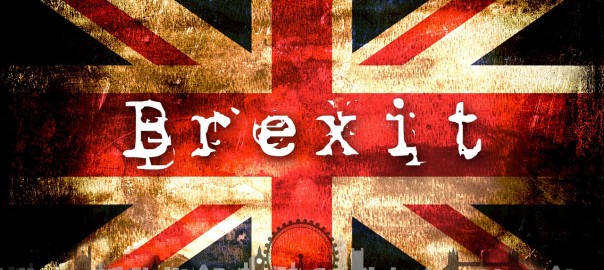GB POUND
Another tough week for the Pound, it started the week trading at 1.1704 against the Euro, and 1.304 against the US Dollar, the downward trend continued as the pound finished the week trading at 1.1549 against the Euro, and 1.2954 against the US Dollar.
Jens Weidmann, the head of Germany’s central bank warned that London’s position as a leading financial centre would be under threat if the UK opted to leave the single market, because banks would not be allowed to operate across the remaining 27 EU member states.
The “hard Brexit” option known to be favoured by some leading conservatives, would mean banks would be stripped of their ability to do business across the EU.
In an interview with the Guardian, Weidmann emphasised that banking “passporting rights are tied to the single market and would automatically cease to apply if Great Britain is no longer at least part of the European Economic Area”. (EEA)
On Tuesday the pound crashed to a 5-year low against the US dollar as the fallout from “Brexit” continued, fuelled by comments from EU members that there would be no easy ride for Britain sterling hit 1.2948 against the US dollar.
The number of shops opening in the first half of the year in the UK fell dramatically, according to a report from the Local Data Company. It reported that only 20,804 shops opened between January and the end of June, a 15% decrease from the second half of 2015.
The LDC said the slowdown came as a surprise as the first few months of the year usually see a surge in new shops opening, however worries about the economy and “Brexit” were probably the reason for the decline.
EURO
The Greek government is racing against the clock to implement reforms so they can unlock further bailout funds, after crunch talks with visiting inspectors last week, Greek officials are hoping to placate European finance ministers with a bill detailing new measures this week.
Mario Draghi highlighted that major EU banks are facing reduced earnings due to the uncertainty surrounding “Brexit” and negative interest rates.
US DOLLAR.
A good week for the US dollar. The NAHB housing market index beat expectations, forecast at 60 it came in at 65.
The good news continued as the house price index for July also came in better than expected, forecast at 0.3% it came in at 0.5%
As expected the FED opted to leave the interest rate unchanged for the time being, but did point towards a hike later in the year.
Elsewhere
The Banking industries global watchdog, the Bank for International Settlements, warned the risk of a banking crisis in China is mounting.
China's credit-to-GDP gap hit 30.1 in the first quarter of 2016, the BIS considers a credit-to-GDP gap of 10 to be a sign of potential danger.
This key gauge of stress in the banking sector is now more than three times above the danger level, the Bank for International Settlements (BIS) said in its latest quarterly review.
The Bank of Japan announced it has rebooted its stimulus programme, in a new bid to weaken the yen and drive growth and inflation. At its policy meeting on Wednesday the Bank said it would;
Maintain its existing government bond buying scheme of ¥80tn a year.
Promised to keep intervening until inflation exceeds the stability target of 2% and remains above the target in a stable way.
Left interest rates at the current at historic low of minus 0.1%
Are we Heading for a Hard Brexit?


